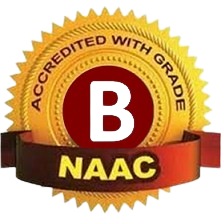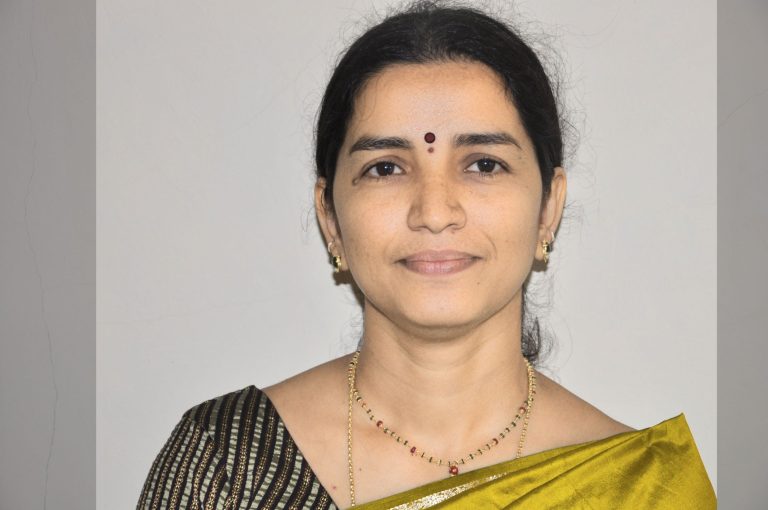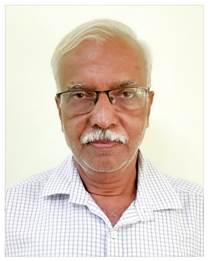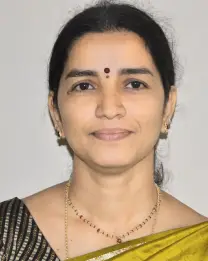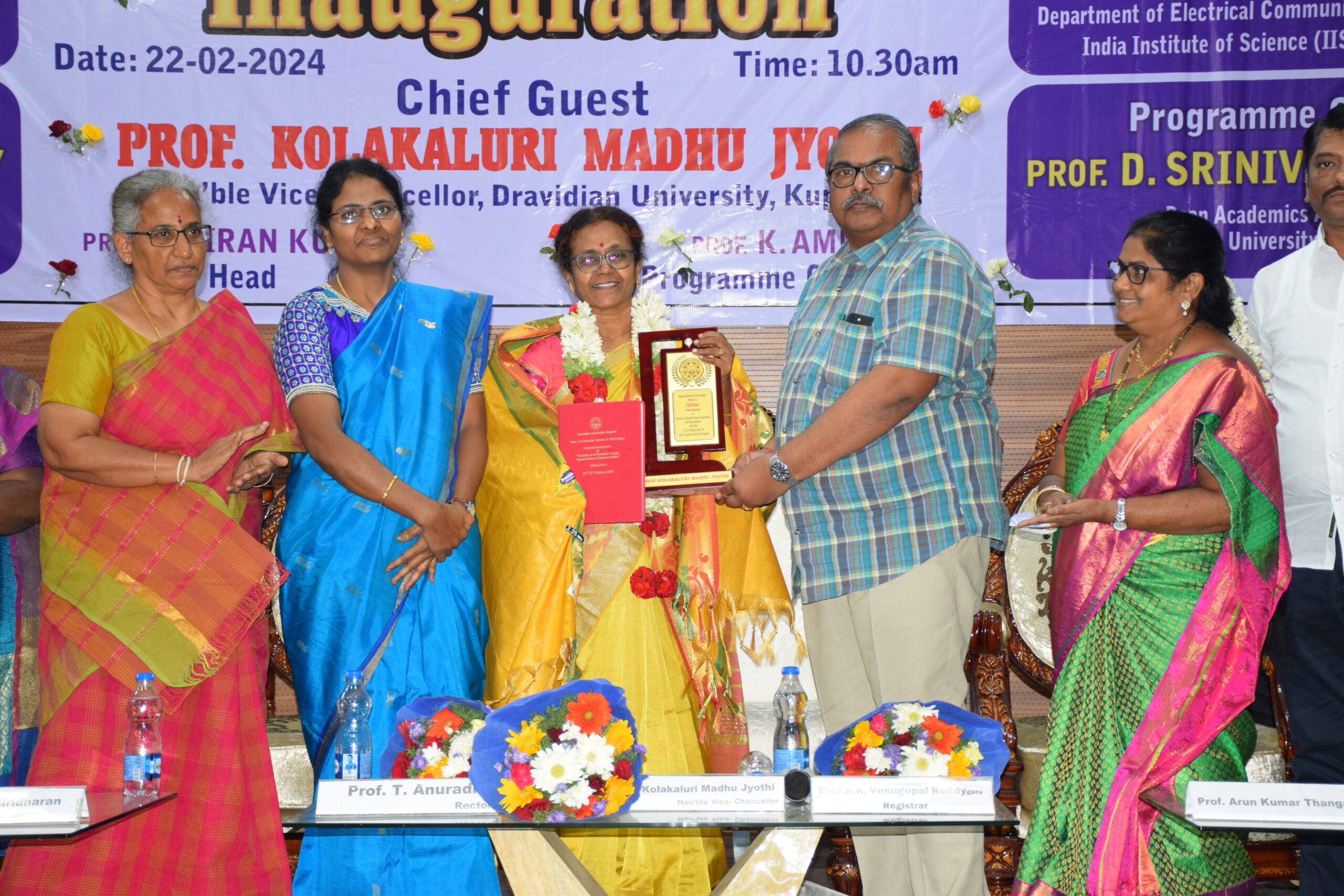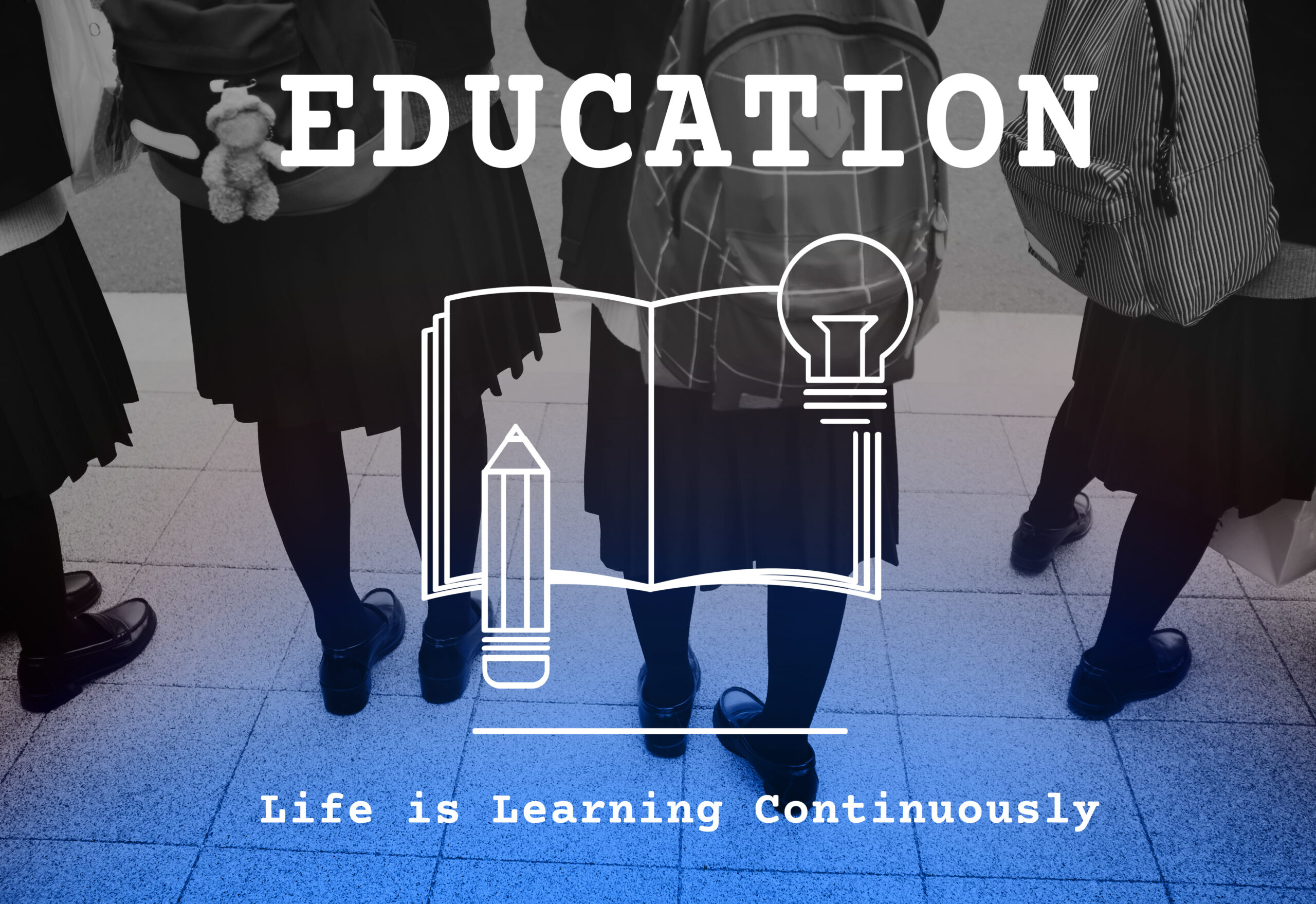
- About Department
- Mission & Vision
- Faculty
- Programmes
- Board Of Studies
- Research
- Seminar & Conference
- Scholars
- Others
Department of Folklore and Tribal Studies
A Profile
The study of Dravidian Culture, which includes all aspects of life and History is the prime objective of the Dravidian University. The study of culture of a society cannot be completed without the study of folklore, because, folklore touches all aspects of the life of a given society. Hence the Department of Folklore and Tribal Studies is the prime limb of the Dravidian University which serves for the main purpose of the Dravidian University.
The Structure of the Department:
The Department of Folklore and Tribal Studies was established in September 2003 and became fully functional from the academic year 2004-05. The Government of Andhra Pradesh has sanctioned the posts of 1 Professor 2 Associate Professors 4 Assistant Professors for the Department. Presently 1 Professor, 3 Assistant Professors are working and 2 Associate Professors and 1 Assistant professors posts fell vacant, as some of the recruited persons left the Department and they are to be filled. The Department of Folklore and Tribal Studies in Dravidian University has been established with the chief objective of conducting an advanced level research in Folklore and Tribal Studies with a comparative approach on folklore of various social groups in the area of Dravidian languages, spreading across South India and also to make a comprehensive study of folklore and folk life, social system of Tribes in the geographical area of Dravidian languages. The Department has been making sincere efforts towards these objectives; conducting the research on folklore of Telugu, Kannada, Tamil and Malayalam. The structure of the faculty of the Department was designed as a multidisciplinary one and faculty are chosen from multilingual backgrounds to enable the Department to do research of the folklore in Telugu, Tamil, Kannada and Malayalam. The Faculty members came from Literature, History, Anthropology and Sociology back grounds. A Folklore Department should be mentioned as a Special Department. Because there are only 10 Folklore Departments across India among 500 Universities.
- About the Department
The Dravidian University stands as a beacon for comprehensive language and cultural studies, with its primary objective being the thorough examination of Dravidian languages and culture, encompassing all facets of life and history. Central to this mission is the recognition that a society’s culture cannot be fully understood without delving into its folklore, as it permeates every aspect of communal life.
Consequently, the Department of Folklore and Tribal Studies established in September 2003, emerges as a critical component of the university, serving as its prime limb. This department not only aligns with but actively furthers the university’s core purpose, offering invaluable insights into the rich tapestry of Dravidian heritage through the lens of folklore and tribal traditions. By positioning folklore studies at the heart of its academic pursuits, the department demonstrates its commitment to a holistic and nuanced understanding of cultural dynamics, ensuring a comprehensive approach to preserving and analyzing Dravidian culture. The Faculty members came from Literature, History, Anthropology and Sociology back grounds and this is an interdisciplinary Department serving to realise the broad objectives of New Education Policy-2020.
In order to address and comprehend diverse communities and cultures in theory and real-world situations, the Department of Folklore and Tribal Studies strives to adopt an interdisciplinary, holistic, cross-cultural comparison, and culturally relative approach. This is done with an awareness of the distinctive, creative mental template and practices of diverse Folk and Tribal communities, as well as the growing realization that these practices must be preserved for a sustainable way of life.
The Department aims to introduce the innovative Post Graduate teaching and PhD programs by integrating technologies into the study and preservation of South Indian folklore and tribal cultures. It encompasses digital archiving of cultural artefacts, technical analysis of folk traditions, and the development of cultural and folk language dictionaries to enhance accessibility. While embracing technological advancements, the programs will maintain a strong commitment to ethical research practices, respecting cultural sensitivities and intellectual property rights. They foster interdisciplinary collaboration and would use public platforms for civic engagement. The overarching vision is to leverage technology to deepen understanding of South Indian cultural heritage while preserving its unique human elements, positioning the department at the forefront of modern folklore and tribal studies.
Collaboration between folklorists, computer scientists, linguists, and anthropologists would be crucial in developing tools tailored to the unique aspects of South Indian folklore. Throughout this multidisciplinary integration, the focus would remain on preserving and understanding the human stories and cultural significance behind South Indian folklore.
Vision & Mission
Vision
To offer teaching and conduct advanced research in Dravidian Folklore and Tribal Studies and document various forms of Folk Culture and Triballore.
Mission
To prepare the next generation of scholars in Folklore by offering various training programmes, to conduct field research to develop Folk museum and Archive.
Faculty
Prof. M.N.Venkatesha
M.A., M.Phil., Ph.D.
Professor & Dean
————-
07382753182
mnvkuppam@gmail.com
Prof. K.Shyamala
M.A(His.)., M.A(Women Studies).M.Ed., M.A(Sociology)., M.Phil.(His.)., Ph.D(His.). UGC-NET(History) for twice
Professor & Head
Tribal Studies, Folklore & Social Histo
94409 26992
shyamala.du@gmail.com
Programmes Offered
Programmes
Board Of Studies
From the academic year (2013-2014) Choice Based Credit System (CBCS) is introduced in all departments of the University. According to this system the M.A Folklore Tribal Studies Programme requires a student to earn 100 credits in four semesters. The Board of Studies in Folklore Tribal Studies is approved course structure and CBCS syllabus of M.A Folklore Tribal Studies Programme for 1st, 2nd, 3rd, and 4th semester on 20th November 2019.
List Of Board Of Studies
Research Aspects
Seminars & Workshops
Number of Papers Presented in Seminar/ Conference
Seminars/Conferences Organized
Ph.D Awardees / Pursuing
Others
Infrastructure Facilities and Learning Resources / Other Information (if any)
The South Indian Folklore Museum and Archives: The Department made a modest attempt for the establishment of Folklore Museum and Archives in the year 2004. The Pioneering Indian Folklorist Prof. B.Ramaraju inaugurated the Folk museum with around 50 objects. At present nearly 800 artefacts are preserved in the museum. More than 800 hundred hours of digital video documentation of various folk forms of South Indian Languages collected from the fieldwork of the Department Faculty is available in these archives. More than Ten thousand photos reflecting folklore, folk life and folk religion of South India are also accumulated.
Desisiri Pranganam comprising folk museum, a temple representing Sakta tradition of South India, and an open air auditorium for folk performances , is established as a space for outreach programs related to the Department of Folklore and Tribal Studies.
The multicultural nature of Human Development is appreciated through the celebration of World Folklore day by inviting the local communities as well as the folk performers from Four Principal States of South India, who are the cultural agents in spreading the Dravidian Culture through their sub cultures. Community solidarity is fostered through these celebrations thus aiming at both individual and community empowerment.
contacted below:
1. shyamala.du@gmail.com



